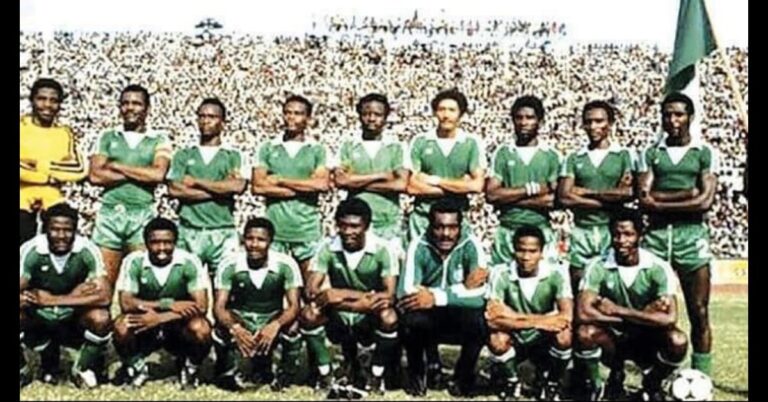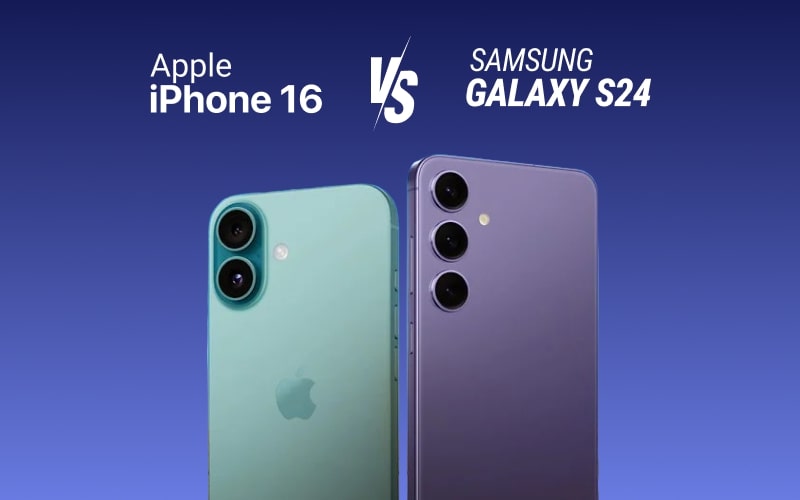Relationships have stopped being simple. For many young men, being in love has turned into a financial responsibility they can’t afford. It’s not because they don’t want to love or be loved. In fact, most Nigerian men want companionship, loyalty, and support. But when romance starts to feel like a full-time financial job, they run—and who can blame them?

The Rise of Financial Expectations in Modern Dating
From the moment a guy starts talking to a girl in Nigeria, the financial meter starts running. It begins with airtime and data. Then come the requests for transport money, food, hair, birthday surprises, and even “urgent ₦2k.” Sometimes, it feels like you’re dating a bill, not a person.
In cities like Lagos and Abuja, dating culture has evolved fast, influenced by lifestyle posts and “soft life” expectations online. For tips on balancing personal growth and finances, check out our Make Money Online section on Infolandia.
The Unspoken Fear: Am I Just a Wallet?
The problem goes beyond money. Many Nigerian men now fear that love equals spending. If he can’t provide constantly, he’s labelled as stingy or unromantic. He worries that the girl might leave for someone with more money or accuse him of not caring.
This mindset creates emotional stress. Guys begin to wonder, “Is she here for me or for what I can give?” That doubt alone is enough to make many avoid relationships entirely. For similar real-life conversations about dating and society, visit Nigerian Life.
Peer Pressure and Social Media Are Making It Worse
Social media platforms like Instagram and TikTok now show couples buying iPhones, going on weekend getaways, and hosting surprise birthday shoots. These posts raise expectations. Many girls now think that’s the standard. They want similar treatment—forgetting that not everyone is financially there.
According to Android Authority, online lifestyle content can distort people’s view of what’s “normal.” Young men are now under pressure to fake a lifestyle, just to meet modern dating demands. That’s not love—that’s debt.
Real Talk: Most Guys Are Still Hustling
Let’s be realistic. The average Nigerian guy in his 20s or early 30s is still hustling hard. Some just finished NYSC, some are job-hunting through platforms like Infolandia Jobs, and others are running small businesses. Expecting them to fund a full-blown romantic life like a married CEO is unfair.
It’s not that these men don’t want to treat their partners well. They just don’t want to go broke trying to prove love. For relationship balance tips and real stories, explore our How-To Guides section.
What Can Change?
We need to shift how we view love in Nigeria. Relationships should be about mutual support, not just who can spend the most. Girls should understand that many men are trying their best, even if they can’t spoil them every day. Men should also be honest about their financial level from the start, instead of trying to impress.
For more lifestyle reflections, see App & Product Reviews, where we explore tools that help Nigerians manage money and communication better.
Conclusion: Money Pressure is Killing Love in Nigeria
In a country where survival is already hard, relationships shouldn’t feel like another bill to pay. Many Nigerian men avoid relationships today not because they hate love, but because they fear being financially drained. Until we stop treating love like a luxury item, dating will remain a burden for the average Nigerian man. For more everyday stories and discussions, check out Infolandia Lifestyle or read expert advice from Psychology Today.




















